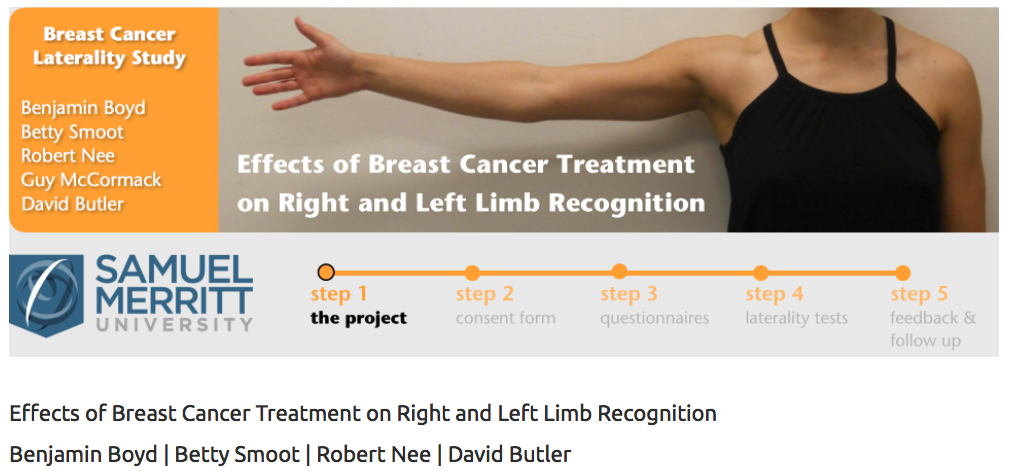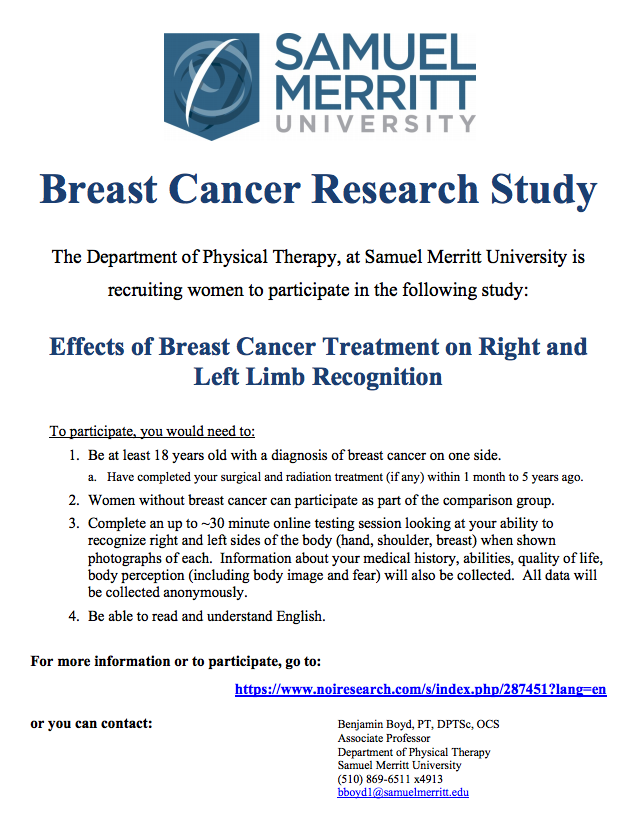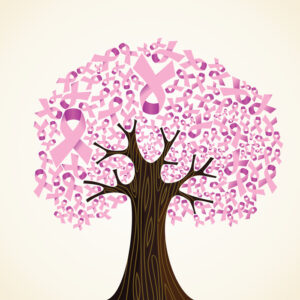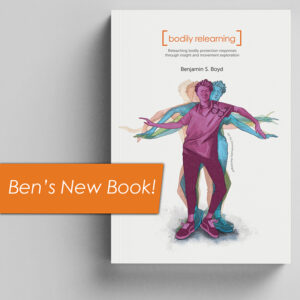Hi everyone,
Just a quick update on how we are travelling with this research, and a request to help us keep this going.
To date we have had participation by over 200 people including more than 60 women post breast cancer treatment! Thank you to everyone that has participated and passed along our study.
Please help us reach our goal of increasing that number to over 100 women post breast cancer treatment. If we can hit this mark or beyond, we can really power up our analysis and have a more far reaching impact with our results.
How you can help?
- Consider participating for those that are eligible (both women with and without a history of breast cancer can participate)
- Pass along our research link to those that might be interested
- Like/repost/reply to our Facebook post or tweets
Thank you for your consideration.
On behalf of the entire research team, we wish you the best in the new year!
Happy Holidays!
It is estimated that one in eight women will develop breast cancer over their lifetime (American Cancer Society, 2015). Terrific advances in modern screening and treatment approaches mean that many women will survive – there are nearly three million breast cancer survivors in the U.S. alone. However breast cancer treatments can cause complications such as severe and ongoing pain, swelling, and limited mobility, which often have dramatic impacts on physical function and quality of life (Kwan et al. 2002).
It is now well accepted that persistent pain is associated with changes in the brain and nervous system, including potential alterations in the ‘cortical representation’ of the affected body area. These changes may manifest as alterations in the time taken to identify a picture of the affected body area as either left or right. This ‘Left/Right Discrimination’ task has been shown to be altered in a range of persistent pain states, including Complex Regional Pain Syndrome, phantom limb pain, back pain, neck pain, carpal tunnel syndrome, and osteoarthritis of the knee, and is also used Stage 1 of the well established Graded Motor Imagery treatment approach.
A long overdue first

For the first time, we are investigating whether women who have undergone breast cancer treatments have altered Left/Right Discrimination of the upper limb and/or breast region. Our research aims to identify potential impairments in Left/Right Discrimination ability and possible correlations with changes in body image, fear, quality of life, persistent pain and disability associated with breast cancer treatments.
We hope to provide foundational knowledge on this phenomenon to help guide future research studies focused on improving the health and well-being of women post breast cancer treatment.
How can you help?
We are currently looking for women 18 years or older to participate in this online study that can be completed at your convenience by using a computer or tablet with internet access. The study takes up to 30 minutes to complete.
Both women with a history of unilateral breast cancer AND women with no history of breast cancer can participate.
There’s a flyer below with more details, or you can go to the survey directly HERE.

Please pass along this information to anyone whom you think might be interested and able to participate. Our deepest gratitude for your support!
On behalf of the rest of our research team (Betty Smoot, Robert Nee, Guy McCormack, David Butler, Tim Cocks), thank you for your consideration!
Sincerely,
Benjamin Boyd (PT, DPTSc, OCS) is currently an Associate Professor at Samuel Merritt University in Oakland, California, where he primarily teaches in the Musculoskeletal Patient/Client Management and Capstone course series. He has been teaching courses on peripheral nervous system anatomy, biomechanics, clinical evaluation and intervention since 2004 and he joined the NOI US teaching faculty in 2013. ben@noigroup.com
Related ‘jams
I read the news today
Thank you for your help
American Cancer Society (2015). Accessed February 21. http://www.cancer.org/.
Kwan et al (2002) Chronic Arm Morbidity after Curative Breast Cancer Treatment: Prevalence and Impact on Quality of Life. Journal of Clinical Oncology : Official Journal of the American Society of Clinical Oncology 20 (20): 4242–48. http://www.ncbi.nlm.nih.gov/pubmed/12377968.




Great project Ben (and team). Hope you get an “n” of 10,000!!!
Cheers – Steve
Let’s hope we do get 10,000 for some really powerful statistics! Readers note that we seek women with treated unilateral breast cancer AND a comparison group with no cancer.
David